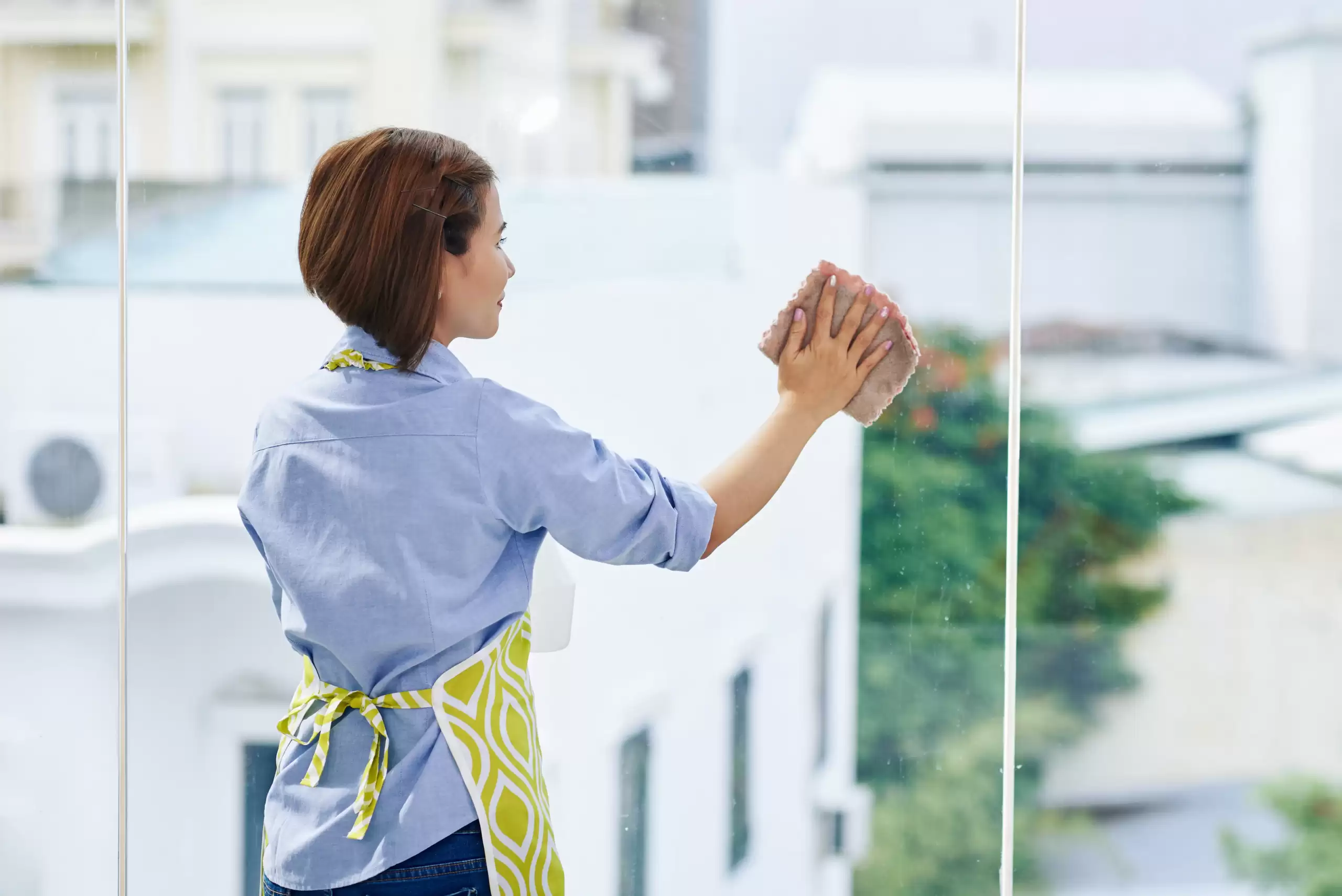Reliable Maid Services at Your Fingertips


A Guide To Helping Your New Helper Settle In Smoothly
Hiring a new domestic helper is a big deal! It’s a step that brings much-needed support, but it can also be nerve-wracking. In this process, one of the most important things to focus on is helping your new helper settle in smoothly. This will set the tone for a positive working relationship from day one. There are several key elements to consider during this adjustment period, including understanding cultural differences, fostering an inclusive environment, and establishing open and clear communication.
Understanding Your Domestic Helper
The first step to helping your new helper adapt is to show empathy and understanding. She might be facing significant changes — from cultural adjustments to communication difficulties — that can add layers of stress to her new work environment.
a) Cultural Differences
Cultural nuances play a vital role in how your domestic helper adapts to her new surroundings. If she hails from a different country or ethnic background, she may have different religious beliefs, customs, holidays, and daily practices. Respecting and understanding these differences can greatly enhance her comfort level. Simple actions like learning about her culture, celebrating her national holidays, or inquiring about her traditions can help bridge the gap.
b) Communication Barriers
Effective communication is the cornerstone of a smooth transition, but language barriers can pose a significant challenge to your domestic helper. Bridge this gap by learning some basic phrases in her native tongue or helping her gain fluency in your primary language. You can consider utilizing translation apps for immediate assistance.
Preparing Your Home For Arrival
Bringing a new maid into your home paves the way for seamless household management. Therefore, ensuring her comfort and efficiency is extremely crucial.
- First, allocate a dedicated living space for your maid. This could be a separate room or an area within your home that affords privacy. Ensure the space is clean, has sufficient lighting, and includes basic furniture like a bed, wardrobe, and a small table. Adding personal touches such as fresh linens, decorative items, and perhaps even some welcome notes can make her feel at home.
- Next, stock up on essentials that she will need. This includes personal hygiene products like soap, shampoo, toothpaste, and sanitary items. Furthermore, make sure she has access to cleaning supplies and any other tools required for her daily duties.
Conducting Orientation
A well-structured initial orientation can make all the difference in establishing a clear understanding of expectations, house rules, and daily routines.
- Begin by outlining house rules to ensure respect and smooth operation at home, touching on privacy, security, shared spaces, and cleanliness. Include etiquette like removing shoes at the door and other designated areas. Explain appliance use, including handling delicate items and emergencies, and provide pet care instructions if needed. This helps your maid understand and respect household norms.
- Next, map out the daily routine and assigned tasks. Provide a clear schedule for wake-up times, meals, cleaning, and childcare responsibilities. Specify schedules for laundry, grocery shopping, and occasional tasks like gardening. Be clear on how to do each task and encourage questions for clarity. Create a written summary or checklist to ensure transparent expectations from day one.
Building A Positive Relationship
Bringing a new maid into your home and making her comfortable requires effort and open communication from the beginning. State your expectations clearly and encourage her to voice concerns and suggestions. Regular check-ins prevent misunderstandings and keep everyone aligned. Mutual respect and trust are key—treat her as part of the family, respect her privacy, and appreciate her work. Consistent, reliable interactions often build a harmonious relationship.
Training And Supervising
- Outline Tasks and Responsibilities
Show your domestic helper around the house, pointing out specific areas where she will be working. Clearly outline her tasks such as cleaning, cooking, or caregiving. Utilize checklists to break down complex tasks into manageable steps. For instance, if cleaning is required, specify the type of cleaning products to use and any special instructions for different surfaces or areas. Visual aids like diagrams or videos can also expedite the learning process.
Maid agency service providers or helper agencies in Singapore often provide training modules that can further assist in skill development.
- Monitor Progress and Give Feedback
Keep a close eye on her work to ensure she accurately follows instructions, and schedule regular check-ins to address any challenges and provide constructive feedback. Foster a comfortable environment for your domestic helper to ask questions, reducing the scope of misunderstandings. Use positive reinforcement to boost her confidence—praise her good work openly and give corrective suggestions privately.
Setting up weekly or bi-weekly reviews can help track improvement areas and clarify ongoing expectations. Top homecare maid agencies in Singapore offer follow-up support which can be invaluable in this phase.
Ensuring Well-being and Fair Treatment
Creating a positive work environment for domestic helpers starts with prioritizing their well-being and fairness. Allowing regular breaks and rest days is essential for their health and productivity, preventing burnout. Employers should also encourage open communication, enabling helpers to raise concerns without fear, and fostering a harmonious atmosphere.
Top maid management services often include counselling and conflict resolution, ensuring fair treatment. Therefore, it is important to choose the best maid agency in Singapore that provides exceptional support for both employers and helpers. By prioritizing the well-being and fair treatment of helpers, helper agencies in Singapore play a vital role in bridging the gap between employers and domestic workers, making sure the needs of both parties are met.
Summary:
Hiring a new domestic helper is an exciting yet daunting step that brings invaluable support into your home. To pave the way for a seamless transition and a positive working relationship, it’s essential to help your helper acclimate by acknowledging cultural differences, fostering open communication, and creating a welcoming living space. Moreover, conducting a thorough orientation, clearly outlining tasks, and offering consistent feedback are pivotal steps toward cultivating a harmonious and efficient work environment.










